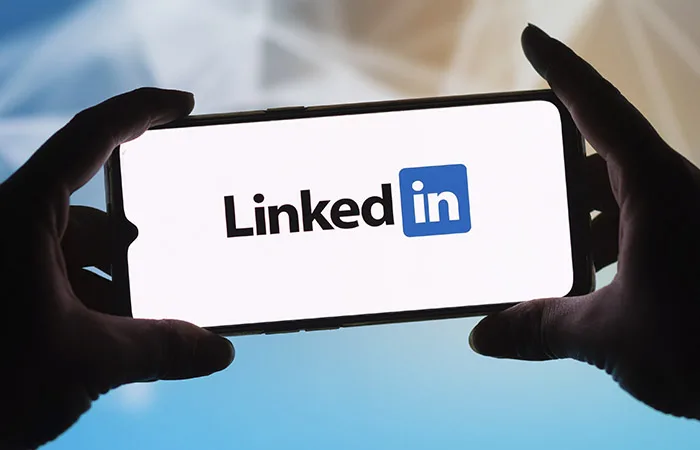Digitalization opens up new opportunities for businesses, but at the same time poses challenges that require rapid adaptation. For companies operating on B2C On the other hand, this means revising traditional methods and introducing modern approaches that take into account changing consumer behavior, technology development, and increased competition.
Understanding your audience: the key to successful adaptation
One of the first steps for brands is to study their audience in depth. The Uzbek consumer is changing rapidly: the younger generation actively uses mobile devices and is used to convenient digital services, while the older audience is just beginning to adapt to the Internet. This gap requires a differentiated approach to marketing strategies.
Brands actively use analytics tools to study consumer preferences, such as social surveys, CRM data analysis, and website behavior monitoring. This helps you not only understand your customers ' needs, but also predict their actions.
Digital channels: the foundation of a new Reality
- Social network. Facebook, Instagram and TikTok became the main platforms for communication with customers. Companies use them not only for promotion, but also for building a dialogue, providing advice, and promptly answering questions.
- Search engine promotion. SEO and contextual advertising remain relevant tools for attracting traffic. Companies are actively optimizing their websites for local queries in Uzbek and Russian.
- Instant Messengers. Telegram and WhatsApp have become an important part of the customer experience. Brands launch chatbots, create groups for loyal customers, and use instant messengers as a channel for notifications and promotions.

Omni-channel approaches: Connecting Online and offline
To maximize their reach, brands are switching to omni-channel strategies that combine online and offline experiences. This is especially important in Uzbekistan, where many shoppers still prefer to shop in physical stores, but use the Internet to search for information.
For example, providing an opportunity to view products in an online store with subsequent pickup is becoming a popular practice. Some brands launch mobile apps where customers can track promotions in nearby stores. This approach creates a unified customer experience, increasing loyalty.
Personalization: an individual approach to everyone
Personalization has become a trend that can no longer be ignored. Modern technologies such as artificial intelligence and machine learning help brands offer customers exactly what they are looking for. In Uzbekistan, examples of successful personalization include:
- Product recommendations based on your purchase history.
- Personalized discounts and offers in email newsletters.
- Content adapted to local traditions and holidays.

Top tips
Localization and cultural features
For successful work in the B2C market in Uzbekistan it is important to take into account cultural and linguistic peculiarities. Brands translate content into Uzbek, take into account national holidays and mentality. For example, during the Nowruz holiday, companies actively promote special offers and adapt their advertising messages to the theme of the celebration.
Working with influencers: a new way to promote your business
With the development of social networks, the popularity of influencers has grown rapidly. In Uzbekistan, brands collaborate with both major bloggers and micro-influencers to reach the most relevant audience. This approach allows you not only to increase awareness, but also to establish trusting relationships with customers.
Digitalization of the customer service
Automation of interaction with clients has become one of the most important areas. Online support chat, voice assistants, and mobile apps make the communication process faster and more convenient. Brands that actively implement such tools stand out from the competition and strengthen their reputation.








